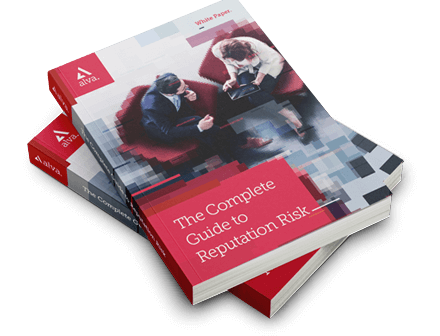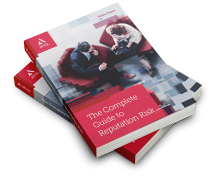Property fund exodus – have we been here before?
As we enter the festive season and Britons continue to head online in droves for their holiday shopping, the UK high street descends into further decline.With one high profile collapse after another, the fate of high street retail almost appears inevitable.
Last month Mothercare took its place in history books among the growing list of troubled household names such as Debenhams and Thomas Cook. A listing by the Centre for Retail Research of the casualties reads like a who’s who of past retail icons.
The demise of the high street is cited to be a contributor to the ailing state of the UK property fund market, along with the continued uncertain political environment driven in large part by Brexit. A reported £4.7b of fund outflows have already been recorded this year – a clear indication of investors’ loss of confidence.
Property funds in crisis
Earlier this month M&G, which at £2.5b holds the largest commercial property fund in Britain, froze redemptions from its fund, as it struggled to sell assets quickly enough to redeem the c.£1.5b of outflows it has seen in 2019 already. As one portfolio manager told the FT: “This is what we saw in 2016. Investors try to get out quickly because they are worried about being the last ones left in the fund and getting out at below market price.”
Some commentators fear this is leading to a spiralling crisis as other fund managers see a further exodus of investors. Standard Life Aberdeen recorded £31m of outflows the day M&G announced it was gating its fund. As an average of £176m has been withdrawn from property funds every month so far in the past year, the FCA has begun daily monitoring of the funds and issued a request to providers to understand how many clients are affected by the closure.
The Brexit panic of 2016
These events echo those of 2016 as the Brexit referendum triggered similar reactions in the market, with an exodus of investors forcing fund administrators to suspend withdrawals. That episode provided learnings to be taken forward, with funds reopening over the coming months and administrators increasing their cash reserves to buffer themselves in future, although tellingly it has not prevented recent events.
The situation highlights the very real consequence of the changes in consumer behaviour and the political landscape on wealth management instruments. How fund administrators respond to situations such as these has a direct bearing on not just financial performance but on the organisations’ reputational standing.
Data foresight not hindsight
An examination of alva’s reputation database for the asset management category shows this relationship. The data offers cautionary notes about the importance of maintaining a close watch on the effects of societal trends on reputation. This is not just a useful rear-view mirror.
Those with a clear grip and appreciation of the specific drivers of their reputation are in the most favourable position to not just quantify their effects but employ their corporate affairs strategy to not just mitigate potential crises but proactively drive their corporate purpose.
Be part of the
Stakeholder Intelligence community











